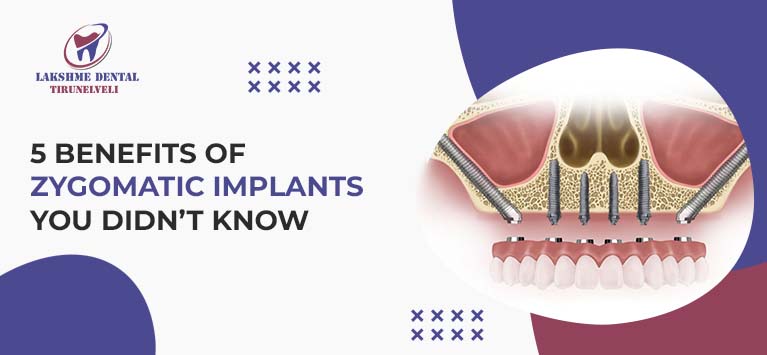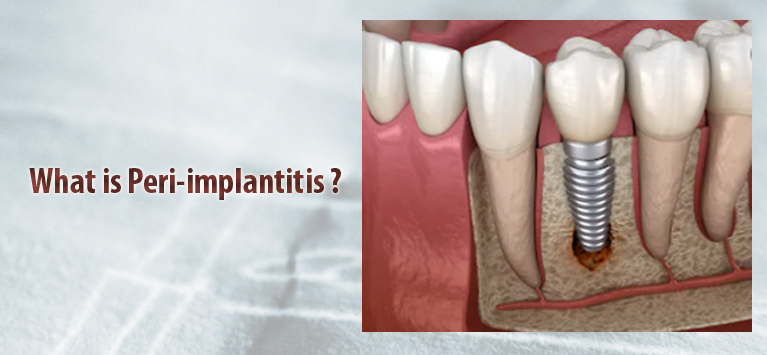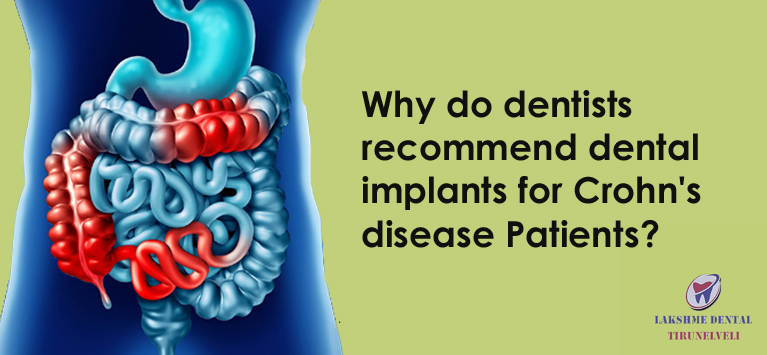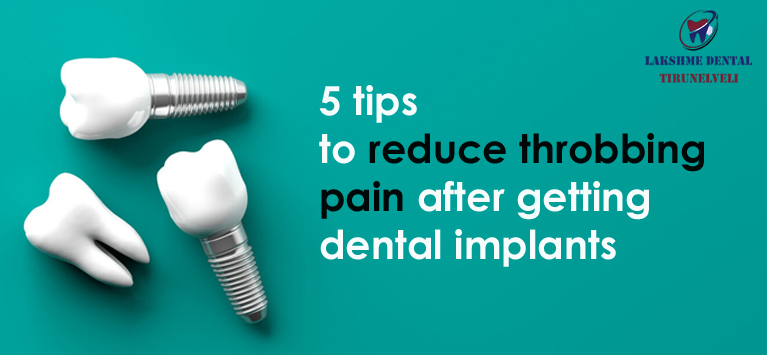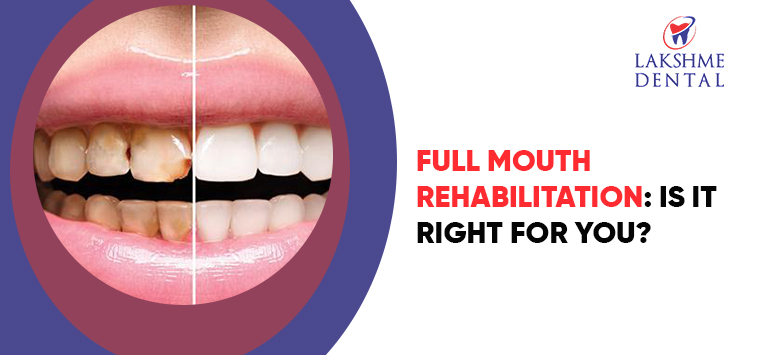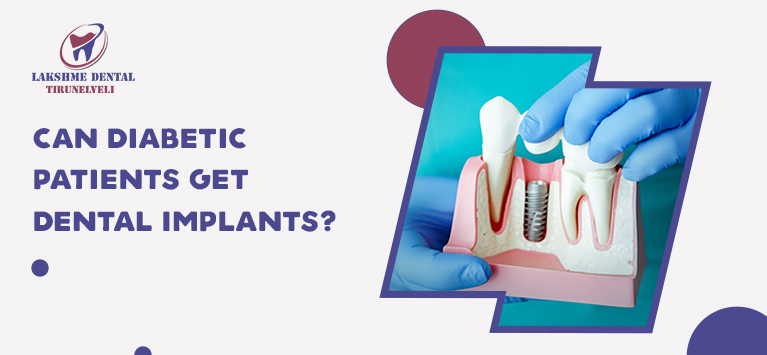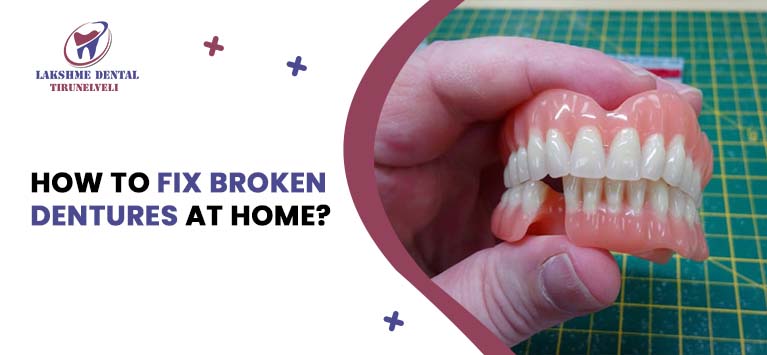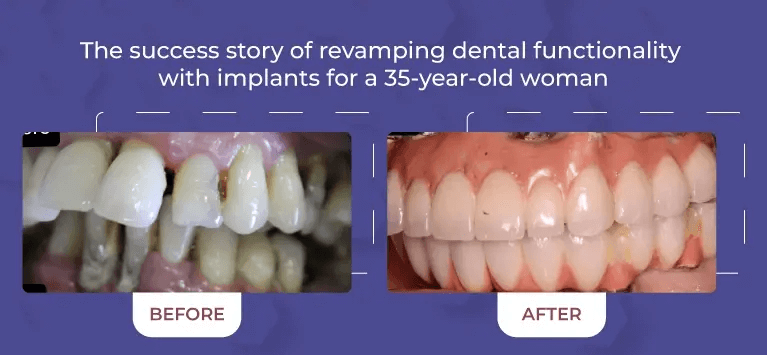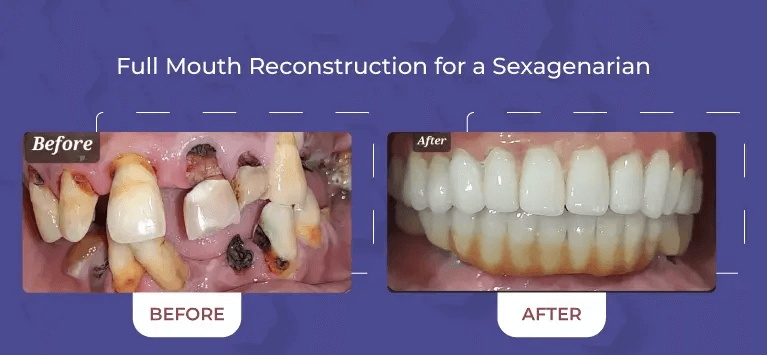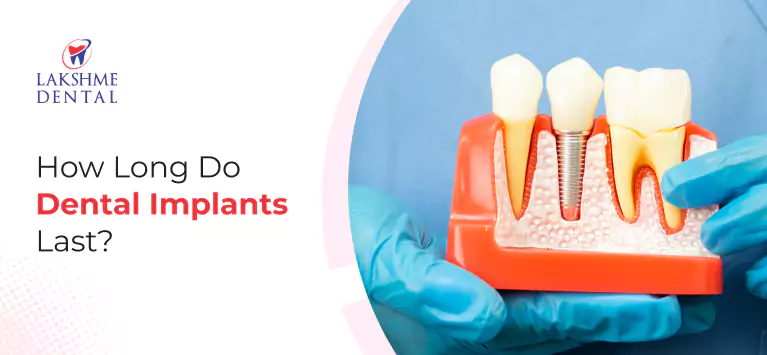
How Long Do Dental Implants Last?
Dental implants are considered one of the most reliable and durable options for replacing missing teeth. Whether you’re considering dental implants for the first time or you’re already in the process of receiving them, longevity is an important factor in your decision-making process.
One common question that patients ask is: How long do dental implants last?
In this article, we will explore the average lifespan of dental implants, the factors that influence their durability, and how proper care can help you maintain your implants for many years to come.
What Are Dental Implants?
Before delving into how long dental implants last, it’s essential to understand what they are. A dental implant is a small titanium post surgically placed into the jawbone to serve as a replacement for the root of a missing tooth. Once the implant is securely integrated into the bone through a process called osseointegration, a crown, bridge, or denture is attached to restore the appearance and functionality of the missing tooth.
The main advantages of dental implants over traditional dentures or bridges are their durability, natural feel, and ability to preserve bone health.
How Long Do Dental Implants Last?
The lifespan of a dental implant with proper care and maintenance, can last for 25 years or even longer. In fact, many implants last for a lifetime with good oral hygiene and regular dental check-ups.
Here’s a breakdown of the expected lifespan:
Implant Component (Titanium Post): The titanium post, which serves as the anchor in the jawbone, can last a lifetime if it is properly cared for. The titanium material is highly resistant to corrosion, which contributes to its long-lasting properties.
Abutment and Crown: The abutment and crown, the visible parts of the implant, typically need to be replaced after 10 to 15 years. These components may wear out due to normal wear and tear, and depending on oral habits (such as grinding or clenching), they might require replacement sooner.
While the implant itself can last a lifetime, it’s crucial to remember that the surrounding tissues and components may need periodic attention to ensure everything stays in optimal condition.
Factors That Affect the Lifespan of Dental Implants
1. Oral Hygiene and Care
Maintaining proper oral hygiene is crucial for ensuring the long-term success of dental implants. Bacteria buildup around the implant can lead to infection, gum disease, and implant failure. Brushing twice daily, flossing regularly, and using an antibacterial mouthwash can help keep your implants and surrounding gum tissue healthy.
2. Bone Health
The success of dental implants heavily depends on the health of your jawbone. If the bone is insufficiently strong or thick, the implant may not integrate properly. People with bone loss may need a bone graft before getting implants. Regular visits to your dentist will help monitor bone health and ensure that your implants are supported properly.
3. Lifestyle Habits
Lifestyle factors, such as smoking, can significantly reduce the lifespan of dental implants. Smoking impairs blood flow to the gums, reducing the body’s ability to heal. This can lead to infections and complications around the implant. Excessive alcohol consumption can also negatively impact the healing process. In addition, people who grind their teeth or clench their jaws (a condition called bruxism) may put extra stress on the implants, leading to damage or failure. Using a nightguard can help reduce the impact of bruxism.
4. Implant Placement and Surgical Technique
The skill and experience of the dental surgeon play a crucial role in the long-term success of dental implants. A well-planned and properly executed implant placement increases the chances of the implant lasting for many years. A skilled & experienced dentist ensures that the implant is positioned in the ideal location, and the procedure is done with precision to promote osseointegration.
5. Regular Dental Check-Ups
Regular dental check-ups and cleanings are vital to maintaining the health of your dental implants. During these visits, your dentist can monitor the implant’s condition, identify early signs of issues like gum disease or bone loss, and provide necessary treatments before more serious problems develop.
6. Underlying Medical Conditions
Certain medical conditions, such as uncontrolled diabetes, osteoporosis, or autoimmune diseases, can affect the healing process and impact the success of dental implants. If you have any underlying medical conditions, it’s important to discuss them with your dentist or oral surgeon before proceeding with the implant procedure.
Can you Maximize the Lifespan of Your Dental Implants?
To ensure your dental implants last as long as possible, there are several steps you can take to care for them:
Practice Excellent Oral Hygiene: Brush your teeth and gums twice daily with a soft-bristled toothbrush, and floss around your implants regularly. Consider using special tools such as an implant flosser to clean around the crown and abutment.
Use a Nightguard if Necessary: If you grind your teeth or suffer from bruxism, wearing a nightguard will help protect your implants from the excessive force caused by grinding.
Avoid Smoking and Excessive Alcohol: Smoking can greatly reduce the chances of successful osseointegration and can lead to complications. Similarly, excessive alcohol intake can affect the healing process.
Stay on Top of Regular Dental Appointments: Ensure that you visit your dentist for regular check-ups and cleanings. Early intervention can prevent serious problems from developing.
Eat a Balanced Diet: A healthy diet rich in vitamins and minerals is essential for maintaining the health of your gums and jawbone, both of which are vital to the success of dental implants.
Conclusion
Dental implants are a reliable and long-lasting solution for replacing missing teeth, offering an average lifespan of 25 years or more with proper care. While the titanium post can last a lifetime, the crown and abutment may need to be replaced after 10 to 15 years due to normal wear and tear. Practice good oral hygiene, avoid harmful habits, and attend regular dental check-ups, so you can ensure that your dental implants remain functional and aesthetically pleasing for many years.

